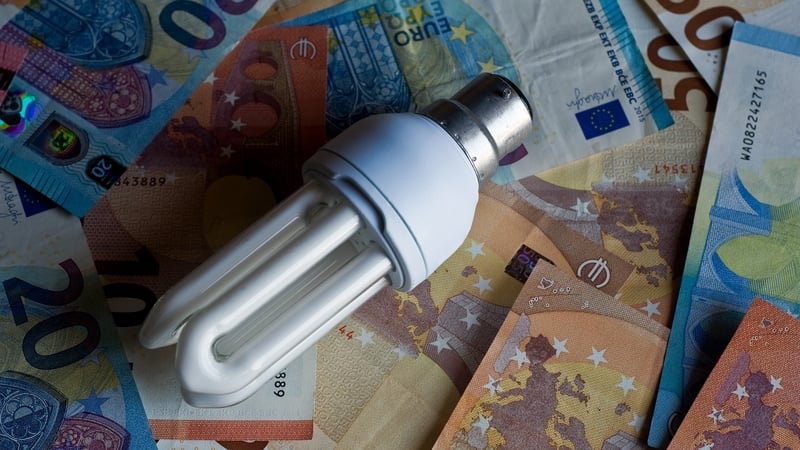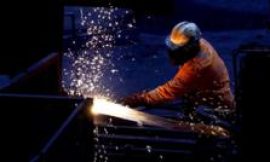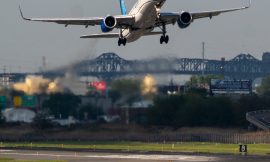The reduction of wholesale energy market prices led to a 19% drop in profits for the ESB last year.
ESB’s annual report shows that its 2024 profit after tax fell by 19% to €706m compared to €868m in 2023.
It has proposed a dividend to the Government of €189m, down from €220m the previous year. This brings total dividends to €1.8 billion since 2014.
ESB also said it contributed over €3 billion to the Irish economy last year in the form of payroll, taxes, dividends and purchases from domestic suppliers.
The company said its turnover in 2024 was €7.25 billion, down from €8.776 billion in 2023.
It said that 2024 was another year of record levels of capital investment in critical infrastructure with over €1.8 billion capital expenditure directly incurred and almost €0.4 billion advanced to joint ventures for infrastructure projects.
The total investment of €2.2 billion included €1.4 billion investment in electricity networks in Ireland and Northern Ireland, €0.5 billion invested in renewable generation projects, and €0.3 billion in security of supply and other investments, it added.
Paul Stapleton, ESB’s Chief Financial Officer, said that despite the fall in profits, the company saw a “solid” performance in the context of the change in market circumstances in 2024.
We need your consent to load this rte-player contentWe use rte-player to manage extra content that can set cookies on your device and collect data about your activity. Please review their details and accept them to load the content.Manage Preferences
“International wholesale energy prices were lower and relatively more stable in 2024 compared to the previous two years, but they remain volatile and at levels that are more than twice that experienced pre energy crisis,” Mr Stapleton said.
“The 2024 performance is in line with expectations and has enabled us to deliver a record capital investment of €2.2 billion in critical energy infrastructure, while retaining the financial strength to invest more over the coming years,” he added.
Mr Stapleton also said the unprecedented extreme weather events experienced in recent months caused significant electricity supply disruption, adding that the company acknowledges that this was very challenging for many of its customers.
“This has highlighted the need to further invest to enhance the reliability of the network as well as continuing to invest in renewable energy sources,” he said.
“ESB Networks plans to more than double the scale of investment in the network over the next five years and NIE Networks will have a similar increase in Northern Ireland. This investment is only possible if ESB maintains profitability and a strong credit rating to support an increase in borrowings,” he added.
Today’s report shows that ESB had total borrowings of €7.5 billion and net debt of €6.7 billion at the end of 2024.
It also reveals that compared to 2005 baseline levels, the carbon intensity of electricity generated last year was 46% lower while ESB’s overall carbon emissions fell by 65% in that period.
ESB said its generation fleet now includes a combined 1.8 GW of renewables (wind, hydro, solar) and renewable enabling assets (batteries, pumped storage).
ESB Networks and NIE Networks had connected a total of 8.8 GW of renewables to their transmission and distribution networks by the end of 2024.
The company also said that 326,000 smart meters were also installed in 2024, bringing the total number of customers with a smart meter to over 1.9 million in Ireland.




